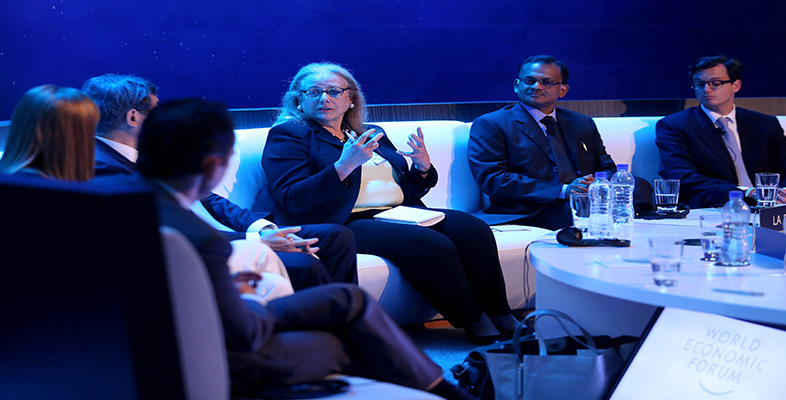3.6.3 Balancing emotional commitment with awareness and understanding
People's first donation is often prompted by an instinctive and emotional response to a direct appeal. Very rarely is it an informed or carefully calculated decision. Building on that initial response requires you to balance a recognition of your donors’ emotional investment with a need to develop their understanding and awareness of your cause and concerns – the head and heart messages central to your case statement. See Box 3 for an example of this approach in action.
Box 3 Children's Society pack aims for donor loyalty
The Children's Society has developed a new loyalty initiative aimed at supporters recruited through face-to-face fundraising.
Under the scheme, which was launched last week, anyone who signs up on the street will receive a welcome pack that aims to tie them in to the society's work from the moment they pledge their support.
The society has recruited 90,000 donors through street and door fundraising since the methods were introduced in January 1999. But while face-to-face has proved incredibly popular, it carries a high risk of donors failing to renew their direct debit. Research carried out by the Children's Society has led them to believe a welcome pack can counter this.
Morag Stuart, head of the charity's one-to-one fundraising team, said: ‘What we are doing is setting the tone from the moment people sign up on the street. We need to speak to our supporters in different ways that are in tune with their different lifestyles and this scheme is part of our ongoing direct marketing strategy to communicate with our supporters effectively.’
Research showed street recruits tend to be younger, more affluent and hold different values than traditional supporters.
The pack, which is designed to give new regular givers a strong brand identity as well as making them feel good about their commitment, is designed to appeal to this new type of supporter. It welcomes new givers with ‘seven ways to feel good about what you've done’ and starts by telling new recruits to give themselves a pat on the back. The rest of the steps use a case study to show how donations can help, and encourage donors to send text messages to friends with the society's action line number.
